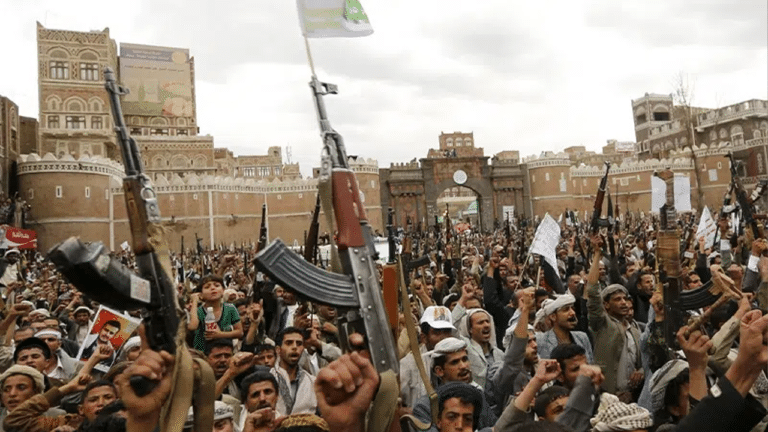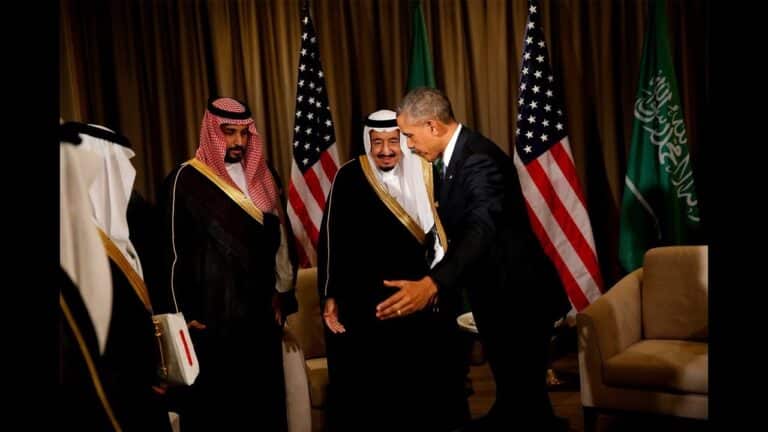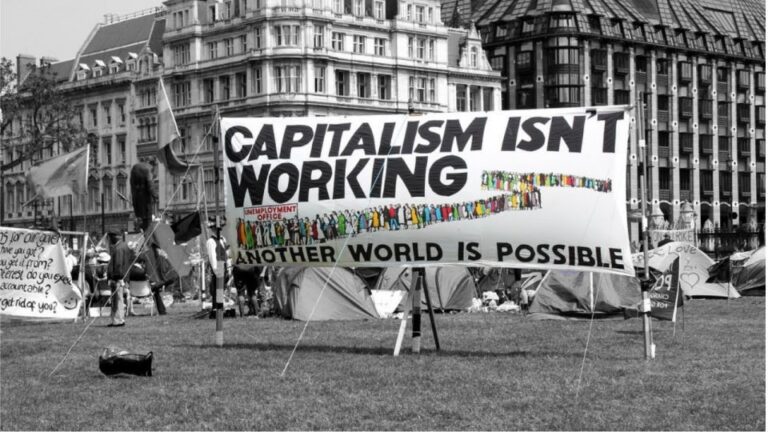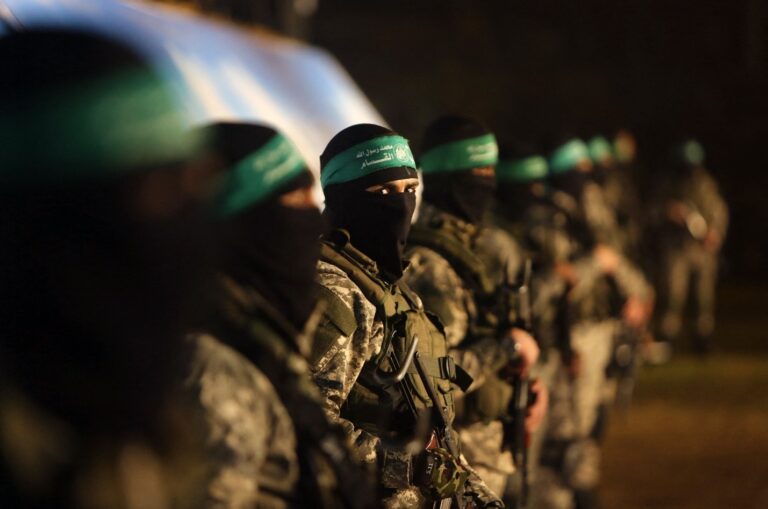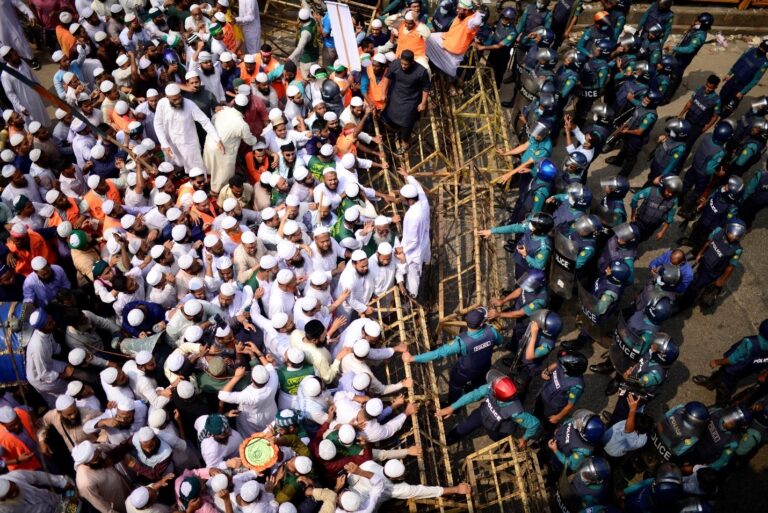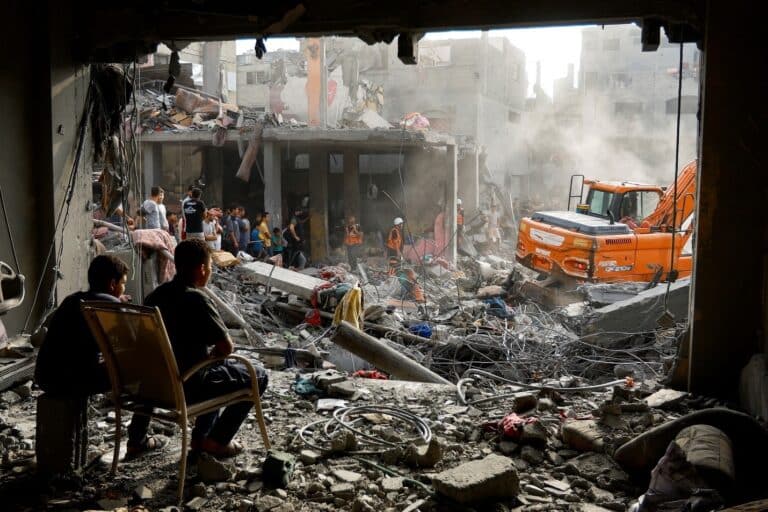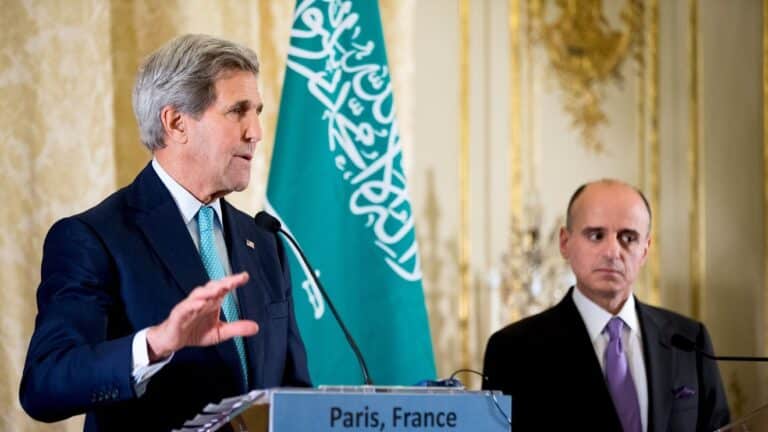The Complex Dynamics of Middle East Conflicts
The ongoing conflict involving the Yemeni Houthis and Saudi Arabia, backed by Iran, underscores a larger geopolitical struggle in the region. According to a 2020-2021 report by CSIS, the Houthis were engaged in prominent ballistic missile attacks against Saudi Arabia. Despite this, the Biden administration removed the Houthis from the Foreign Terrorist Organization (FTO) list…
